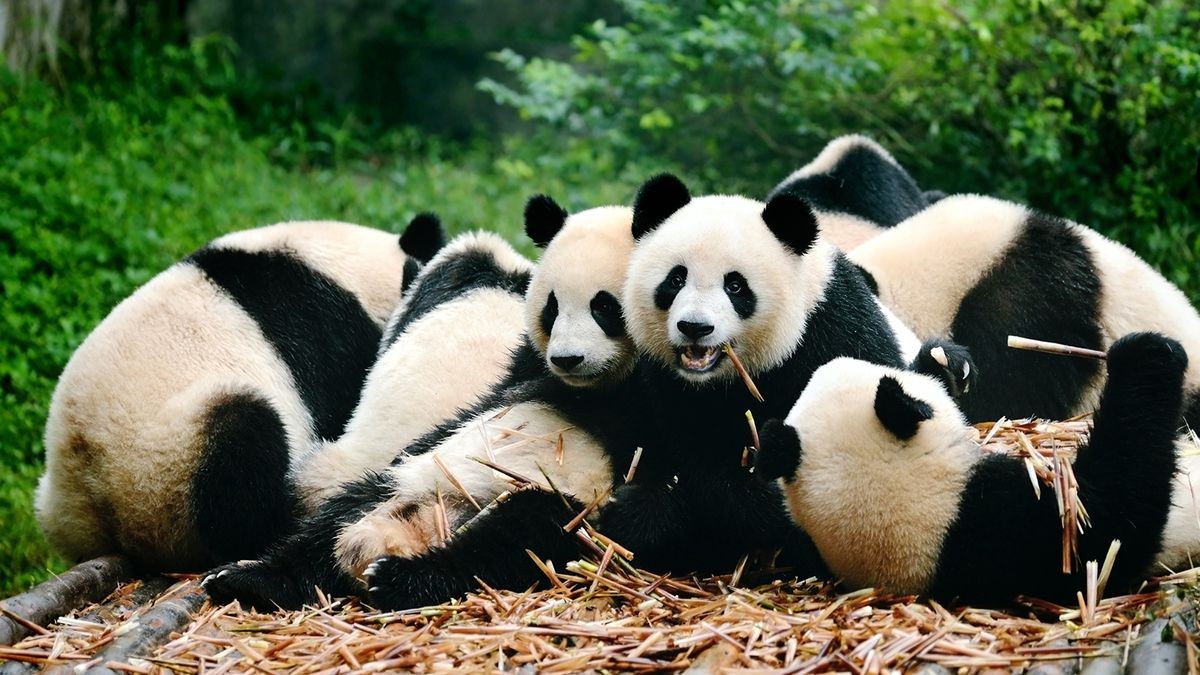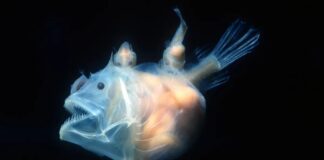Have you ever paused to wonder what a group of pandas is called? The image of these iconic, bamboo-munching creatures is familiar to many, but the collective term used to describe them is surprisingly quirky.
What’s an Embarrassment of Pandas?
The answer is “an embarrassment.” Yes, really. This rather unusual collective noun is used to describe a group of pandas, and while it might evoke a humorous mental picture, it’s a recognized term found in several zoological and literary references. Similar to a “murder of crows” or a “pod of dolphins,” “embarrassment” adds a touch of playful absurdity to wildlife terminology.
Less commonly, a group of pandas can also be called a “cupboard,” but this term is significantly less frequent. Spotting a gathering of giant pandas is a relatively rare occurrence in their natural habitat, which likely contributes to the whimsy behind this particular collective noun.
Why “Embarrassment”?
The term’s origin isn’t rooted in scientific classification. Instead, it’s a reflection of the English language’s fondness for descriptive and sometimes whimsical group names for animals. The association between “embarrassment” and pandas could stem from their often clumsy and seemingly lazy behavior, further adding to the image of these adorable creatures.
Understanding Collective Animal Nouns
Pandas aren’t the only animals with unique collective names. Here are just a few examples:
- Wolves: A pack
- Crows: A murder
- Owls: A parliament
- Rhinos: A crash
- Pigs: A sounder
These terms aren’t scientific classifications but rather poetic expressions born from hunting and noble traditions in medieval Europe. They’re memorable and fun, and that’s why they’re still in use today.
A Note on Red Pandas
Interestingly, the smaller and equally charming red panda, which isn’t closely related to the giant panda, doesn’t share the same collective noun. Red pandas are typically solitary creatures and are called a pack. Unlike giant pandas, which are classified as bears, red pandas belong to their own unique family and are more closely related to raccoons.
The use of unusual collective nouns for animals—like “embarrassment” for pandas—highlights the playful and imaginative nature of the English language and its connection to the natural world.
In essence, these fun and descriptive terms remind us that language can be just as fascinating and surprising as the wildlife it describes.


























